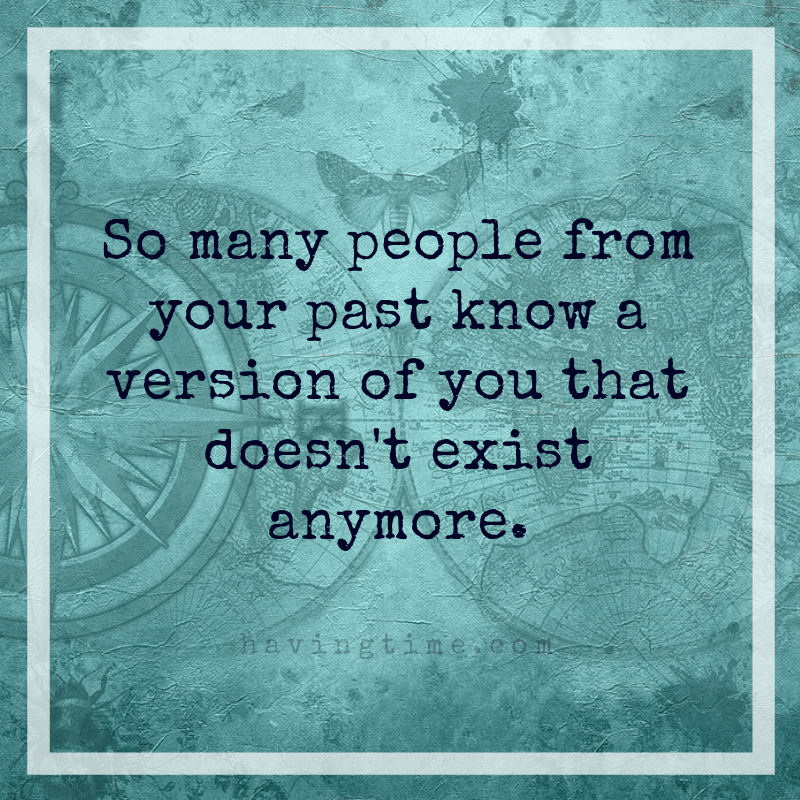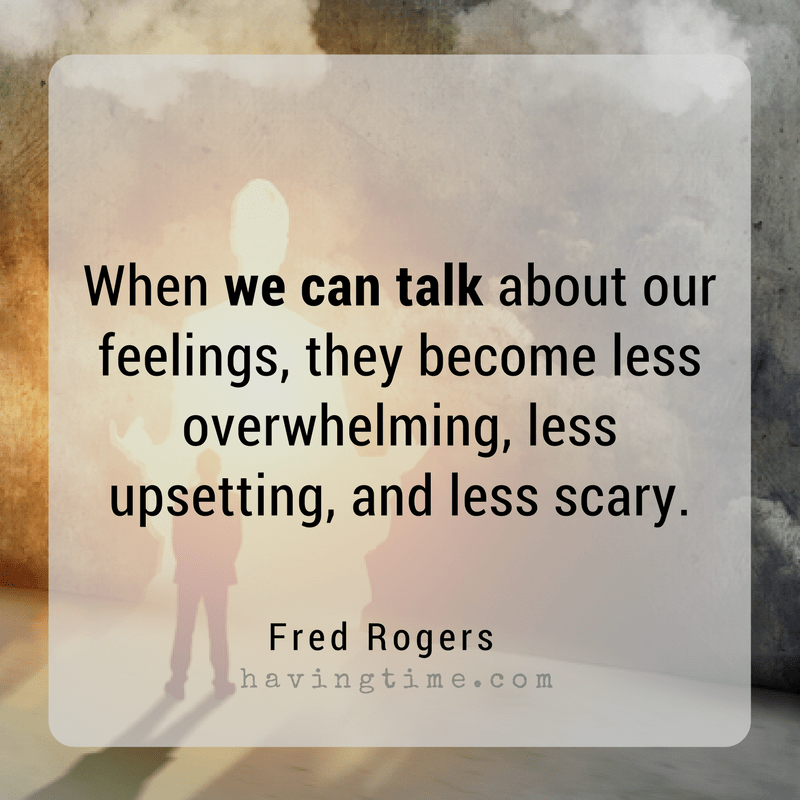We were taught helping people is the right thing to do so what do you do when you really want to help someone? Do you stop and listen to them first? Or do you jump right into action? There’s a way you can help someone and actually know you’re making a real difference in their life.

I’m the oldest of four sisters.
“You must have fought a lot growing up,” people usually say.
Well, actually, no.
My sisters are my best friends. It’s not because we didn’t fight. It’s because we’ve recognized when things have gotten out of touch, we believe our relationship matters enough for us to take the time to get back in touch again – however much conflict that may involve.
We value taking the time to learn about each other now that things in our lives have changed.
That’s not an easy thing for anybody, especially for the family.
My mom talks about growing up on a dairy farm and being so desperate to leave the farm and all the work behind when she went to college that she left and never looked back.
That was also the moment when the relationships with her 5 younger siblings became outdated. This is a family that forever thinks of themselves as the ages they were as kids. Nobody likes to be treated like a kid by the time they are an adult.

Seeing my younger sisters as adults and letting them make decisions on their own without judging or critiquing their actions takes a lot of intentional work. Especially, work holding myself back from jumping in and “fixing” something that they actually have to work out for themselves.
That means, when they are learning something I’ve already done before, I have to step back and let them do it themselves.
The thing is: I’m human.
There is nothing worse than seeing someone you care about going through hard times and feeling like there’s nothing you can do to make things better.
I have a blooper reel of all the things I’ve tried before to help make something better (pump-up playlists, buying a little treat, or the time I was going to buy them a treat and then my card didn’t work so they had to buy it for themselves instead), but no matter what I did, deep down I knew that I wasn’t really making things better for them.
Ultimately, they have to do that themselves.
But, until they figure out how to do that, the kind of help that fills up my blooper reel doesn’t actually help them change anything about what’s happening. It just helps them keep enduring it until something else changes that resolves the situation.
So what can you do? Who can possibly stand by and watch without trying to help?
This is where you need something from them first.
You need them to be able to communicate what help they need, which requires them knowing what to say.
The bigger problem with that is most of us don’t know what to say, especially when the going gets tough.
We don’t have words for the unimaginable. We don’t know how to explain how we feel, let alone understand how we feel AND know what actions will resolve the tension in those feelings.
That is what they need before they can even tell you what to do to help.
I believe how you communicate what is going on in your life, AND to whom, directly relates to the quality of experiences you have.
It all comes down to words
When you help someone find the words to describe what’s really going on for them, you unleash the most powerful helping tool in your toolbox – listening.
When you do this, you put them in the driver seat of their own experience.
And when they are putting their experience into words, now you have something concrete to work with.

All you have to do is ask yourself one question: what are they complaining about?
Why?
Because what they complain about are things you can offer to help with in the future.
For example: “It’s such a hassle picking the girls up from school because it’s the same time I get off from work.”
Maybe you can help carpool, maybe you can give someone a ride, maybe you can ask about other things that are a hassle and find out they would love a subscription to a CSA so they can have their groceries delivered for a while.
Who knows?
This is the best way to help and know you’re making a difference while also giving them the mental space to do what they need to do to help themselves.
The point is: none of that can happen when they don’t know how to express what’s going on in a way that you can hear it.
So the first step is to help them know what to say.
In our virtual guide called What to Say, my sister Megan and I walk through the exact steps we take every time we are looking for the words to explain what’s happened and what we need other people to do to help us make things right. Click here to send the guide to the person on your mind you wish you could help.
photo source | pexels

